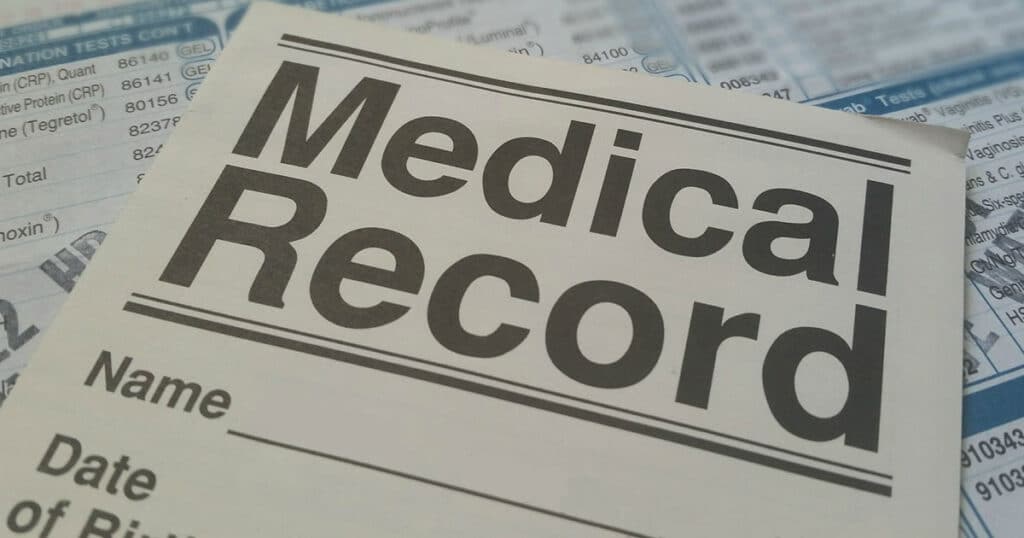What is the SSDI “Compassionate Allowance?”
Home » Applying for SSDI » What is the SSDI “Compassionate Allowance?”
The application process for Social Security Disability Insurance (SSDI) very often takes more than a year, and sometimes can take several years. While you are struggling with pain, discomfort, or other symptoms, alongside a loss of income due to the inability to work in your normal capacity, this can be very challenging.
In some special circumstances, a “Compassionate Allowance” is permitted for individuals who meet certain medical criteria. This allows the applicant to skip much of the standard wait period for approval and get the financial assistance they need and deserve in a much shorter time frame. The Compassionate Allowances program, instituted by the former SSA Commissioner Michael Astrue and headed by Diane Braunstein in 2007, was an initiative to tackle the problem of thousands of back-logged cases in the SSDI system, many of which had been waiting for up to two years to receive a determination or a hearing.
What is a Compassionate Allowance?
A Compassionate Allowance is an expedited process for those who are applying for Social Security Disability benefits, that allows those individuals suffering with certain conditions to receive assistance in a far more timely manner than the process typically takes.
Many of the conditions on the Compassionate Allowance list are rare diseases, though some are more common. The Compassionate Allowance list includes several types of cancers and neurodegenerative disorders, among many other types of conditions. Different conditions are occasionally added to the list based on input from the medical and scientific communities, and members of the public are permitted to suggest conditions to be added to the list. All of the conditions in the list are considered to be very serious and difficult to live with, and many are considered terminal illnesses.
To receive a Compassionate Allowance, you must present specific facts, including the diagnosis of a condition on the list. For example, with cancers, the specific type of cancer needs to be identified for the SSA to evaluate whether it warrants a Compassionate Allowance. Whether it has spread and how far it has spread can also be factors considered with some types of cancers. While the SSA usually flags Compassionate Allowance cases at the time of your initial application, you may decide to work with a Social Security Disability advocate to help ensure that you present the evidence and complete the paperwork properly, and to help ensure that your application is evaluated properly by SSA.
What are Some Conditions That Qualify for Compassionate Allowance?
The following are only a very small sample of the many qualifying conditions:
- Adult Onset Huntington’s Disease
- Acute Leukemia
- Alstrom Syndrome
- Alzheimer’s Disease
- Breast Cancer
- Child Neuroblastoma
- Esophageal Cancer
- Ewing’s Sarcoma
- Farber’s Disease
- Gallbladder Cancer
- Glioblastoma
- Multiforme (Brain Cancer)
- Hypoplastic Left Heart Syndrome
- I Cell Disease
- Juvenile Onset Huntington’s Disease
- Kidney Cancer
- Lowe Syndrome
- Maple Syrup Urine Disease
- Nonketotic Hypoglycemia
- Ohtahara Syndrome
- Perry Syndrome
- Rett (RTT) Syndrome
- Salivary Tumors
- Tricuspid Atresia
- Ureter Cancer
- Ventricular Assist Device Recipient
- Wolman Disease
- Xeroderma
- Pigmentosum
- Zellweger Syndrome
SSA has a. It is important to note that the severity of your condition may be taken into account in many cases when determining a compassionate allowance designation.
How Long Before Approval and Payment?
You do not have to complete any special forms or check any specific boxes for your initial disability application to be considered for a Compassionate Allowance. The Social Security Administration (SSA) has a system that automatically scans standard online applications for keywords and conditions, and SSA reviews your forms in the same manner, so the Compassionate Allowance conditions are typically found at that stage. Once your application has been flagged by the SSA review process as a case for Compassionate Allowance, it can take as little as a week or up to a few months for your application to be approved.
In order for such a flag to be placed on your application, you must have listed one of the qualifying conditions on your application, or otherwise informed SSA of the diagnosis, but, to be approved, you or your doctors will need to provide the appropriate medical documentation to prove your condition. If you have not been approved for Compassionate Allowance quickly, and you have a qualifying condition, you can check with the SSA, as always, to make sure it is being expedited.
Without a Compassionate Allowance or other reason for your case to be expedited (such as a demonstrated “dire need” to be expedited), approval for Social Security Disability benefits could take up to several years. Your Compassionate Allowance may be delayed for one of several reasons, such as a lack of medical evidence submitted, the requirement of additional medical examinations to make a decision, and the like. Therefore, it is beneficial to provide complete information and documentation, as early as possible, to SSA.
Next Steps
If you or a loved one has a condition that might qualify for a Compassionate Allowance and are considering a claim for disability benefits, we recommend you read our articles about the process of applying for SSDI and the way the Social Security Administration uses their Sequential Evaluation Process to determine disability.

Linda Cosme formerly served as a Member of the Appeals Council (AC) for the Social Security Administration (SSA), and Program Expert for the Social Security Administration and Disability Quality Branch (DQB). Ms. Cosme also served as a Quality Assurance (QA) Reviewer, Initial Disability Examiner, Reconsideration Disability Examiner, and Continuing Disability Examiner (CDR) for the Disability Determination Services (DDS). She is admitted to practice law in Arizona, Georgia, and the United States Ninth Circuit Court of Appeals.
It is easy to get started.
It is easy to get started. No upfront costs – You only pay if we win!
Oops! We could not locate your form.









